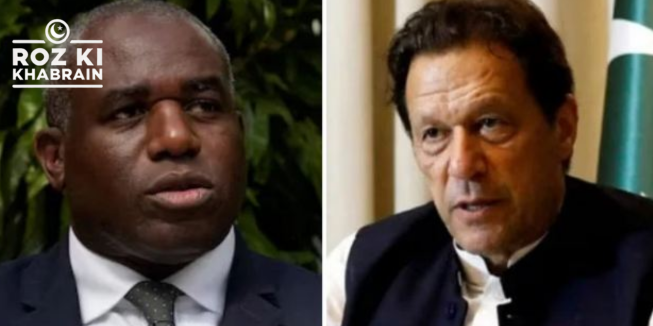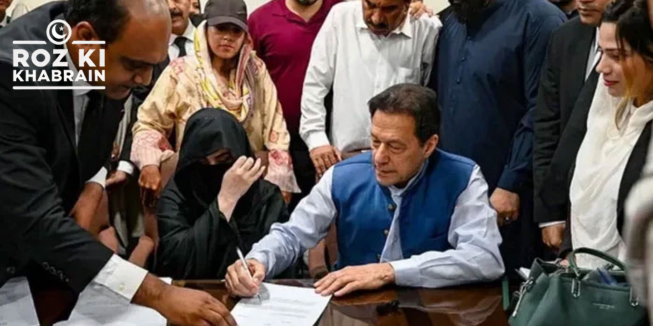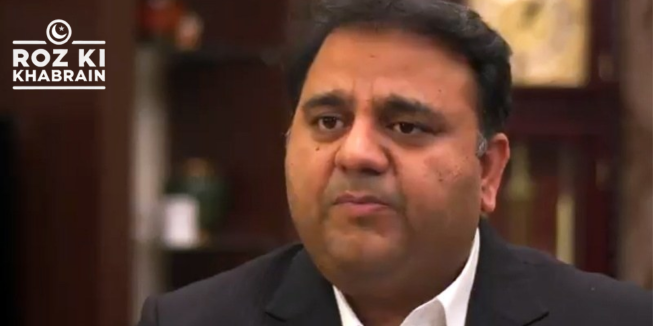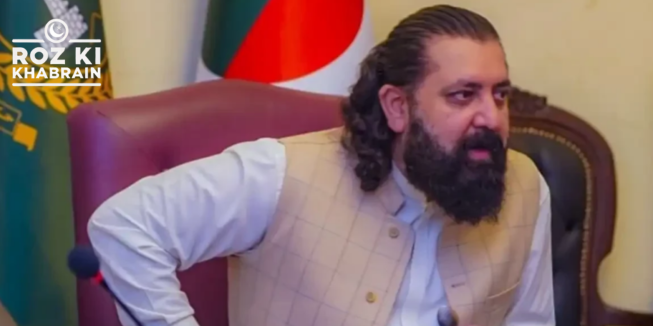UK Foreign Secretary: No Military Trial for Imran Khan
LONDON: Addressing concerns raised by British MPs over the imprisonment of former prime minister Imran Khan, UK Foreign Secretary David Lammy stated there is “no indication” that Khan will face trial in military courts.
In a letter to Labour MP Kim Johnson of Liverpool Riverside, dated November 11 and shared publicly by PTI’s Syed Zulfi Bukhari, Lammy emphasized the importance of Pakistan adhering to international obligations and ensuring fair trials, due process, and humane detention for all citizens, including Imran Khan.
The letter, described as a significant win for PTI, also reiterated the UK’s stance on upholding democratic principles and freedoms, with Lammy expressing concern over restrictions on civil liberties in Pakistan. He stressed the importance of an independent judiciary in maintaining democratic balance.
The correspondence follows efforts by PTI to draw international attention to Khan’s detention, which they claim is politically motivated. Recently, a group of 20 MPs from various parties urged Lammy to advocate for Khan’s release and highlighted fears over his potential trial in military courts.
Lammy assured that the UK is closely monitoring the situation and underscored the risks of military courts lacking transparency and scrutiny. “We have no recent indications from Pakistani authorities that they intend to try Imran Khan in a military court,” he wrote.
The foreign secretary also noted ongoing UK-Pakistan discussions on civil liberties, revealing that Minister Falconer, responsible for Pakistan relations, had raised these issues with Pakistan’s Human Rights Minister. Falconer is expected to visit Pakistan later this year to engage with key stakeholders.
Lammy’s statement, while welcomed by PTI, is expected to provoke a reaction from Pakistani authorities. Diplomats have highlighted the substantive nature of the letter, which addresses judicial independence, civil liberties, and political fairness in Pakistan, reflecting the UK government’s internal perspective on the situation.
Observers note that while foreign advocacy for Khan’s case may annoy Pakistani officials, it underscores global attention to Pakistan’s internal affairs and highlights the need for transparency and adherence to democratic norms.




